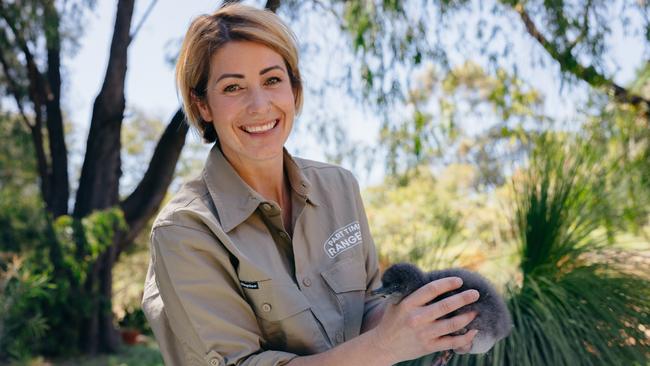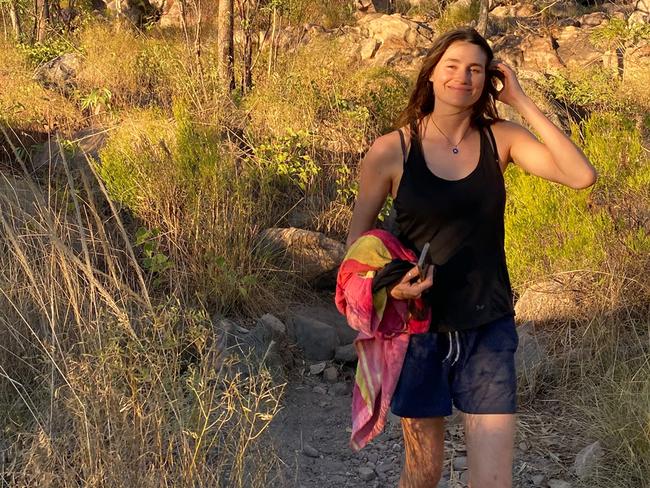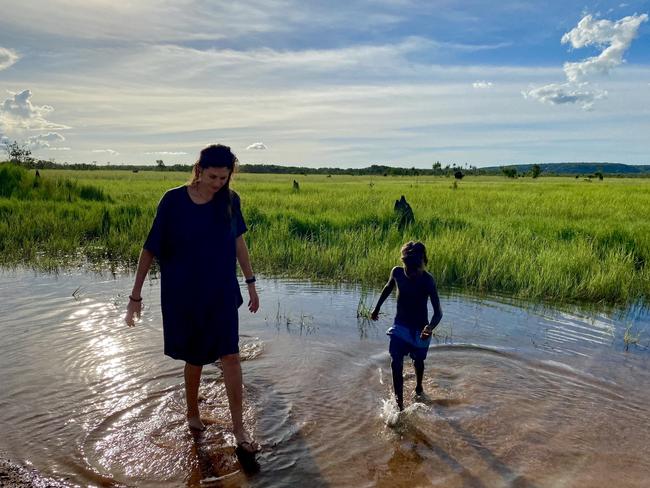Social causes more important to young jobseekers than salary, new reseach finds
Young jobseekers say you can’t put a price on a key career outcome that is driving the modern workforce.

Careers
Don't miss out on the headlines from Careers. Followed categories will be added to My News.
Saving the planet is now a major factor for young Aussies weighing up their career options.
While potential salaries once shaped the job choices of young people, exclusive research shows those aged between 18 and 34 years are now more concerned with social causes.
The dream job of more than two-thirds of young Australians is a role that enables them to help the planet, according to research from Part Time Rangers, an alcoholic beverage producer that donates a portion of profits to wildlife conservation.
More than half of young people say jobs are meaningless unless they drive social purpose, greater good or change, the research shows.
People and culture expert Nina Mapson Bone, from recruiter Beaumont People, says finding meaningful employment is important to a growing number of Aussie workers.
“Climate change and its impacts, the pandemic, growing awareness of inequities that people are either experiencing themselves or observing … these things coming together at the same time has heightened the sense that we all need to reassess what’s important to us, she says.
“People … are now asking themselves what is meaningful to them and how does it change what they seek from their work and workplaces.”
Finding meaning
For many, work is the primary source of personal identity, significance and meaning in life, Mapson Bone says.
And while definitions of meaningful employment vary among workers, across the board, salaries count for very little.
Instead, leadership, culture and purpose are the main contributors to meaningful work, with career development opportunities also critical.
“A huge theme that has emerged through the pandemic is the overwhelming belief that organisations need to value people before profit,” Mapson Bone says.
“Another theme goes directly to purpose. A huge majority of (workers) agree that their ideal employer would make a meaningful difference in people’s lives.”
To help people identify what meaningful work means to them, Beaumont People has developed a free online Meaningful Work Profile Tool.

Sharing of cultures
Teacher Jacqui Stamell finds purpose in supporting future generations and caring for the planet.
The 29-year-old says she experienced both during a two-year stint working with remote Indigenous communities in the Northern Territory.
Now back in Sydney, Stamell hopes to continue her “non-traditional” career path by teaching other children of different cultures and language backgrounds.
“The impact that I made on the children’s lives through teaching (in the NT) came second to the impact that was made on me by the amazing children and community of people,” she says.
“While they learnt, I learnt and it was the sharing of cultures and language that was most meaningful to me.”

Stamell says the satisfaction that comes from meaningful employment outweighs that associated with a high salary.
“These feelings of purpose and satisfaction don’t have a price,” she says.
Making the world a better place
Young people are strongly motivated to work for businesses that are “stepping up” to help the environment, Part Time Rangers brand manager Ashleigh Wheeler says.
“What came up frequently throughout the Part Time Rangers research was the concept of making the world a better place, and I think this really sums up what young people are trying to get out of their job and life in general,” Wheeler says.
“In the past, a lot of people saw the concept of charity and business as two separate pursuits.
“However, the more society has grown and developed this understanding of ‘giving back’, many people have realised that business has just as much a responsibility as the individual.”
She says many career opportunities are available for those wanting to make a difference, citing a new Part Time Rangers scholarship to join conservation efforts to protect Australia’s little penguin.
Steps to finding meaningful work:
Beaumont People’s Nina Mapson Bone suggests jobseekers consider the following when considering whether a role is meaningful for them:
–What do you like? What are you good at?
–What motivates you?
–How is the job designed? Are the expectations right for you?
–Does the company’s leadership, culture, relationships and practices suit you?
–What will your family and friends think?
–Will the role pay enough for you to live on?
–Can you get to your place of employment easily?
Originally published as Social causes more important to young jobseekers than salary, new reseach finds




